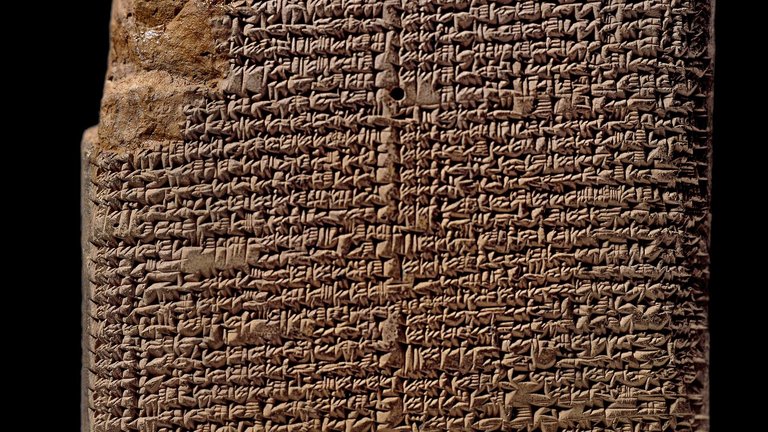The Place of Theory in Babylonian Astral Science
Thu 9 May 2024, 17:30 - 19:00
- Accessibility
- Accessible parking
- Hearing loop
- Wheelchair accessible venue
Contact the events team for further information about accessibility at this event.

- Venue
- Lecture Theatre 1, Bennett Building, University of Leicester, University Road, Leicester, LE1 7RH
- Price
- Free
- Event series
- The British Academy Lectures
Delivered by the most outstanding academics in the UK and beyond, the British Academy’s flagship Lecture programme showcases the very best scholarship in the humanities and social sciences.
Ancient Babylonian scholars interacted with the night sky in several ways: they regularly observed a range of lunar and planetary phenomena and kept systematic records of these observations; they developed methods of calculating future astronomical phenomena; they created mathematical schemes to describe astronomical phenomena; they interpreted astronomical phenomena through systems of astrology; and they applied their astronomical knowledge to address various societal needs including the regulation of the calendar and the time of cultic rituals and festivals. Babylonian approaches to describing and calculating astronomical phenomena were primarily – though not exclusively – through numerical modelling rather than by means of geometrical or physical models. And therein lies the rub: some historians claim that geometrical models and physical theories are a requirement of science and so therefore judge Babylonian astronomy as falling short of being true science. In this talk, Professor John Steele will discuss whether this is an appropriate way to understand whether an early astronomy is scientific and, more to the point, show that Babylonian scholars did indeed construct theories of the behaviour of the sun, moon, and planets but that historians have usually been looking in the wrong place to find those theories.

Speaker: Professor John Steele, Brown University
John Steele is the Charles Edwin Wilbour Professor of Egyptology and Assyriology at Brown University. He received his BSc (1995) and PhD (1998) from Durham University and has previously taught at Durham and the University of Toronto. Prior to taking up his current position at Brown in 2008, he held a Royal Society University Research Fellowship at Durham. Steele is a historian of astronomy who specialises in the history of the Babylonian astral sciences, the circulation of astral knowledge, and the early modern reception and use of ancient astronomy. He is the author or editor of twenty books including recently The Babylonian Astronomical Compendium MUL.APIN (Routledge, 2019; co-authored with Hermann Hunger) and The Allure of the Ancient: Receptions of the Ancient Middle East, ca. 1600-1800 (Brill, 2022; co-edited with Margaret Geoga).
Chair: Dr Selena Wisnom, University of Leicester
Free, booking required
This event includes a reception for all attendees after the lecture.
This event will take place in person in partnership with the University of Leicester. If you have any questions about this event, please email [email protected].
Image: Late Babylonian clay tablet, 1000BC-500BC, excavated/found in South Iraq, 3.25 x 2.375 inches, Akkadian cuneiform inscription, The British Museum (86378). Credit: © The Trustees of the British Museum, CC BY-NC-SA 4.0
